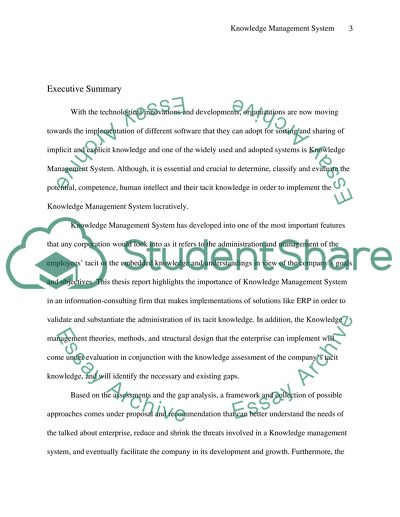Cite this document
(“Business case to successfully justify a suitable Knowledge Management Essay”, n.d.)
Retrieved from https://studentshare.org/macro-microeconomics/1429283-business-case-to-successfully-justify-a-suitable
Retrieved from https://studentshare.org/macro-microeconomics/1429283-business-case-to-successfully-justify-a-suitable
(Business Case to Successfully Justify a Suitable Knowledge Management Essay)
https://studentshare.org/macro-microeconomics/1429283-business-case-to-successfully-justify-a-suitable.
https://studentshare.org/macro-microeconomics/1429283-business-case-to-successfully-justify-a-suitable.
“Business Case to Successfully Justify a Suitable Knowledge Management Essay”, n.d. https://studentshare.org/macro-microeconomics/1429283-business-case-to-successfully-justify-a-suitable.


